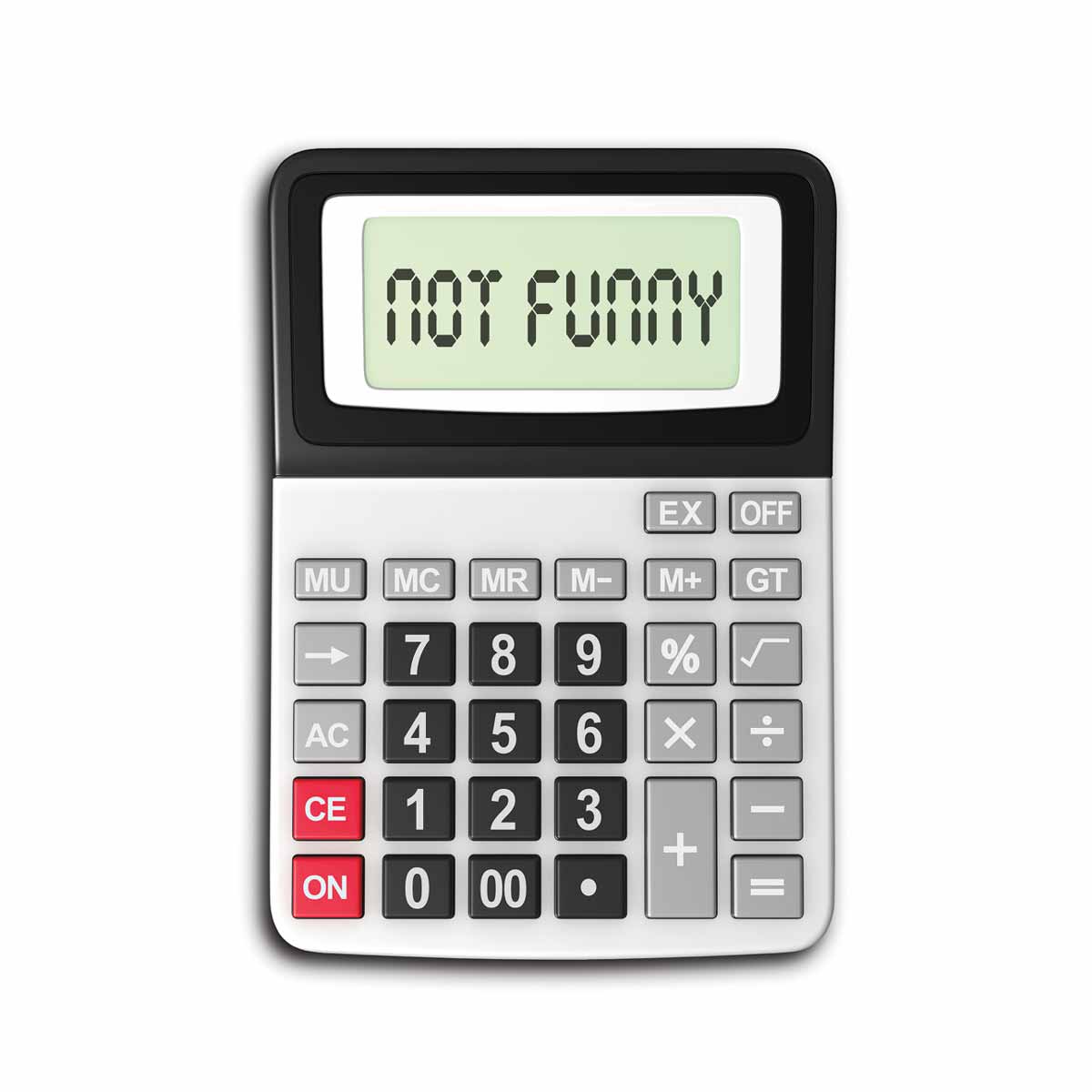
I am a man of science. By which I mean I don’t believe in God. But I’m not that crazy about science either. I would much prefer to live in a world without God or science, where we just didn’t ask so many boring questions about everything.
But if I want to stay employed in the age of Big Data, I have to use metrics to improve my content so it might go viral on social media, thereby bringing in tens of dollars to my multinational corporation. So I read The Humor Code: A Global Search for What Makes Things Funny, a new book by Peter McGraw and Joel Warner. McGraw is a professor at the University of Colorado at Boulder, where he launched the Humor Research Lab (HuRL) in 2009. I think Boulder may have been a bit ahead of the rest of Colorado in being totally fine with marijuana.
McGraw invented the “benign violation theory,” which states that something is funny only when it lands in the overlap of a Venn diagram of shock and acceptability. Tickling is funny because it’s an attack from someone you trust who won’t actually hurt you. Though, to argue against McGraw’s theory, I find tickling funniest when a sketchy stranger is being paid to do it to a dude with a fetish. Over coffee, Warner and McGraw explained that according to the theory, failed jokes either bore or violate. “Oh, I’ve both bored and violated at the same time,” I told them. “That violates mathematics,” McGraw said. “You broke the Venn diagram.” I also broke the record for number of letters to the editor.
To gather the data I needed to improve my column’s humor efficiency, McGraw went to HuRL to run a test on three jokes from previous pieces that I had struggled with so much, I’d offered several punch-line options to my editor, Radhika Jones. He then had his co-author Warner, who is a very funny journalist, submit his own punch lines. At the lab, McGraw got 314 self-identified Time readers to rate all of them in return for 25¢ to 30¢. Other than the tiny number of people who bought the hardcover copy of my book, this is the most anyone has ever directly paid for my jokes.
On a scale of 1 to 5, my jokes all fell within the range of 2.19 to 2.88, which McGraw defined academically as “a somewhat funny level.” Mathematically, my scores mean that much of the time I’m further from a great joke than I am to not having made a joke at all. Worse yet, my editor had failed to pick the best option one-third of the time; once, she actually picked the third best option, depriving my readers of a joke about Colorado’s pot legalization, a situation I rectified in this column’s second paragraph.
In his report, however, McGraw said my editor is doing a great job. “If we can do better than random, we’re doing well when it comes to predictions,” he said. This is exactly why we need to replace my editor with Big Data, assuming Big Data doesn’t use its vast power to go over my expense reports.
Worst of all, my offensiveness ratings were super low: 1.37 to 2.34. And that’s by Time readers, who are often miserable from toiling for 25¢ to 30¢. If I want my columns to go viral, I need to have the freedom to take much greater risks. “You’re so low, it’s almost not a risk,” said McGraw of upping my offensiveness ratings. “You can tell your editor I said it.” I don’t have to. I can tell her Big Data said it.
My challenge, McGraw explained, is that his studies show that finding a joke funny doesn’t lower how much people are offended by it. So it’s safer, if harder, to pull a Seinfeld and pick something benign to violate than to try a Sarah Silverman and make an offensive topic approachable. The former is harder, but the latter is more respected because of the risk.
McGraw warned that if I don’t take some new risks, my humor scores will continue to dip. “You can stay on top in music and in movies, but how do you stay on top in comedy, where people are expecting newness? At some point, will people say, ‘That’s so tired’?” That point for me was 1999.
The only good news is that my jokes beat Warner’s every time. “I traveled all over the world. I read nearly everything there is to read about the science of humor. I know more than almost anybody about how humor works,” Warner said. “I thought hard about these. And you still did better than me every time.” When I asked McGraw if the results mean that he’ll dump Warner and hire me to co-write his next book, he said, “No comment,” which is academic speak for “All you Jews are the same to me.” See, I’m already trying to get those offensiveness numbers up.
More Must-Reads from TIME
- Cybersecurity Experts Are Sounding the Alarm on DOGE
- Meet the 2025 Women of the Year
- The Harsh Truth About Disability Inclusion
- Why Do More Young Adults Have Cancer?
- Colman Domingo Leads With Radical Love
- How to Get Better at Doing Things Alone
- Michelle Zauner Stares Down the Darkness
Contact us at letters@time.com